 A popular tradition of the Langhe, Monferrato and Roero narrated by our preferred traveler Manuela Vullo.
A popular tradition of the Langhe, Monferrato and Roero narrated by our preferred traveler Manuela Vullo.
The life of rural communities of Langhe, Monferrato and Roero was marked by a busy calendar of rituals and traditions developed over the centuries and tied to the cycle of the seasons and the Christian holidays. Were the basic aggregate moments, weakened and then disappeared as a result of emigration and social changes that occurred in the twentieth century.
The questing of eggs, in j'ai euv cantè dialect, It was one of the most, attached to the return of prthemavera and augurs well for the rebirth of nature.
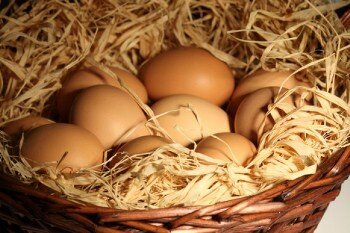 In the nights of Lent, When the inhabitants of farms were already in bed, groups of young people traveled on foot from a courtyard at ’ each other and sang in the IEA traditional songs, accordion accompaniment, clarini and drums, waiting for the master of the House stand up from the bed to give away their eggs. The verses of songs of questing were special and adapted from time to time to the family who was visiting: a verse galante for girls from husband, an invitation to householders not to be stingy, a word of comfort for the widow, a praise to the culinary skills of the landlady and in General, wishes for prosperity for the future, until you get to the curses against those who, pretending to not wake up, not lit the lumen or showed little hospitable.
In the nights of Lent, When the inhabitants of farms were already in bed, groups of young people traveled on foot from a courtyard at ’ each other and sang in the IEA traditional songs, accordion accompaniment, clarini and drums, waiting for the master of the House stand up from the bed to give away their eggs. The verses of songs of questing were special and adapted from time to time to the family who was visiting: a verse galante for girls from husband, an invitation to householders not to be stingy, a word of comfort for the widow, a praise to the culinary skills of the landlady and in General, wishes for prosperity for the future, until you get to the curses against those who, pretending to not wake up, not lit the lumen or showed little hospitable.
The song was almost always with a salute to the master and his family:
Buna seira, sur padrộn
And the gent home:
Suma vnù to cantè and sunè,
For fe-ie the serenada.
If their volumes ch'i singing,
And nui i canteruma;
If volumes nen I sing,
And there is anderuma nui.
Good evening, Mr master
And all the people of the House
We came to sing and play
To make you the Serenade
If they want us to sing
We'll sing
If you don't want sing
We're going
The cantè j euv involved various aspects of community life. Had an aggregate function for young people, that met with the spirit goliardic to resume the fields after the long winter months; usually eggs were used to prepare abundant omelettes to be consumed on the day of collection Easter Monday, involving the whole country, or were sold to pay for the feast of conscripts. The custom also had a purpose of redistribution of income: who was going to "sing the eggs" was almost always modest social background and the song was aimed especially at those farms where there was abundance of animals and of financial means.
The guys on the pretext of collecting of the eggs were the Court to the daughters of the householder, to whom addressed congratulations in verses of the songs, and many weddings were so, allowing local communities to remain cohesive and perpetuation.
The singing of the eggs was forbidden to women, It's because traditionally they had to participate in the Carnival and festival times profana, and because it took place during the night hours, When women should be at home.
The tradition died out relentlessly after the second world war, with the emigration of young people towards the large northern cities that offer many job opportunities in industry ’. A first attempt of recovery occurred in 1965 in Magliano Alfieri and was greeted with enthusiasm. Since then many communities recall the tradition, bringing different generations to rediscover the pleasure to walk in the evenings of spring, expressing in singing and music the desire to gather together.





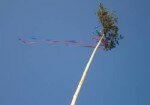




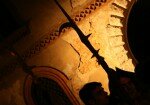
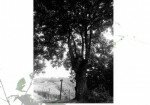
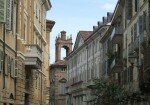
 Do you want to highlight your event or business?
Do you want to highlight your event or business? Alessandra Scotti Web Design Art Director, graphicsdesign, webdesigner
Alessandra Scotti Web Design Art Director, graphicsdesign, webdesigner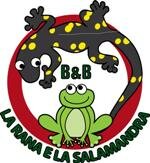 B&B La Rana e La Salamandra House for rent and Bed & Breakfast in Loazzolo
B&B La Rana e La Salamandra House for rent and Bed & Breakfast in Loazzolo Educational Farm ArteMiele Genuine products and educational workshops to discover bees and silkworms
Educational Farm ArteMiele Genuine products and educational workshops to discover bees and silkworms